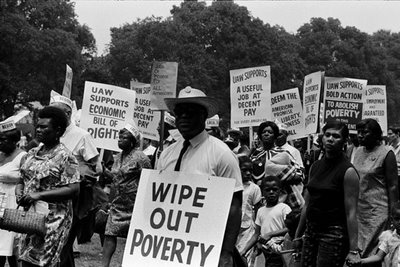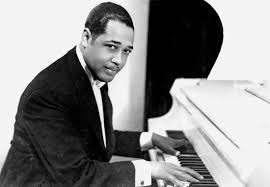Joseph Nathan Oliver, better known as King Oliver or Joe Oliver, was an American jazz cornet player and bandleader. He was particularly recognized for his playing style and his pioneering use of mutes in jazz. Also a notable composer, he wrote many tunes still played today including “Dippermouth Blues,” “Sweet Like This,” “Canal Street Blues,” and “Doctor Jazz.” He was the mentor and teacher of Louis Armstrong. His influence was such that Armstrong claimed, “if it had not been for Joe Oliver, Jazz would not be what it is today.
Joe “King” Oliver was one of the most important figures in jazz. As an influential cornet player and leader of one of the classic early New Orleans jazz bands, Oliver is a link between the earliest New Orleans incarnation of jazz and the achievements of a generation of brass players who developed their style in Chicago in the 1920s, including Oliver’s protege, Louis Armstrong. “By almost any measure—historical, musical, biographical,” wrote critic Ted Gioia in The History of Jazz, “he stands out as a seminal figure in the history of the music.”
Joseph Oliver was born on May 11, 1885. Some accounts establish his place of birth as a plantation near Donaldsville, Louisiana, where his mother worked as a cook, while others cite a house on Dryades Street in New Orleans. Little is known of his early years, and of his father. His mother, who may have worked as a servant for various white families, moved her children to several new addresses in New Orleans during Oliver’s childhood. His older half-sister, Victoria Davis, took charge of him when their mother died in 1900.
Oliver found employment as butler to a white family in New Orleans when he was about seventeen, a job he kept for the next nine years. He was already active as a musician. Around 1899 he joined a children’s brass band, formed by a Walter Kenehan, and performed on the trombone, and later the cornet, at funerals and parades. One of his eyes was damaged during a childhood accident, earning him the early nicknames of “Bad Eye” and “Monocles,” and he often played with a hat tilted over the eye to disguise it.
Became Musical Star in New Orleans
Oliver played in a number of marching bands and, around 1910, started appearing in the nightclubs of New Orleans’ red-light district, Storyville, the vibrant heart of the city’s musical life. These early years of jazz saw intense competition in the raucous neighborhood’s numerous clubs, cabarets and gambling den. As a performer at the Abadie Cabaret, Oliver attracted big audiences, and soon took over the job of his rival, Freddie Keppard, at Pete Lala’s saloon club, a notorious meeting place for pimps, prostitutes and musicians. Oliver became leader of the Olympia Band around 1916 and also began playing with acclaimed trombonist and band leader Kid Ory, who claimed to have given Oliver the nickname of “King” as a tribute to his musical prowess.
At a Glance…
Born on May 11, 1885, in New Orleans, LA; died on April 8, 1938 in Savannah, GA; married Stella Oliver.
Career: Jazz musician, 1899-1938; butler, 1902-11; Olympia band, leader and coronetist, 1916-17; King Oliver’s Creole Jazz Band, 1922-25; recording artist 1923-31; Dixie Syncopators and other bands, leader and coronetist, 1926-29; Savoy Ballroom and other New York venues, bandleader and entertainer, 1927-31; toured in the South, 1931-35; janitor, 1935-38.
The young Louis Armstrong was one of Oliver’s most avid fans, spending time at Oliver’s house and enjoying the cooking of Oliver’s wife, Stella. Oliver, known for his good nature and generosity, became a father figure to his young disciple, offering musical advice and professional support, and even giving him one of his old cornets. “I prized that horn and guarded it with my life,” said Armstrong, quoted in Louis Armstrong: An Extravagant Life. Oliver, he said, “was always willing to come to my rescue when I needed someone to tell me about life.”
In 1917 city officials closed the bars and brothels of Storyville. Oliver, like hundreds of New Orleans musicians, decided to head north to lucrative opportunities in Chicago. When Armstrong was asked to replace Oliver in Kid Ory’s band, he was excited “to have a try at taking that great man’s place,” as he remembered in “Satchmo: My Life in New Orleans,” reprinted in Literary New Orleans. In his first gig with Ory, Armstrong concentrated on “doing everything just exactly the way I’d heard Joe Oliver do it,” including wearing a bath towel around his neck. In an era of great players like Bunk Johnson and the fabled Buddy Bolden, creators of a new musical idiom, “Papa Joe” Oliver, according to Armstrong, “was the sweetest and most creative.”
Started Own Band in Chicago
Oliver arrived in Chicago in early 1918, responding to invitations from two bands, Lawrence Duhe’s Band at the prestigious Dreamland Café, and Bill Johnson’s at the Royal Gardens. In January of 1920 Oliver formed his own band: the initial line-up included pianist Lil Hardin, Louis Armstrong’s future wife. They played at the Dreamland Café every night until one a.m., and then at the Pekin Cabaret, a gangster favorite, until dawn. After a year of engagements in California, Oliver returned to Chicago in 1922 to launch King Oliver’s Creole Jazz Band at the Lincoln Gardens. He was eager to add a second cornet to his band, so he sent a telegram to New Orleans, summoning his young protégé, Armstrong. Arriving in Chicago, Armstrong went straight from the train station onto the stage of the Lincoln Gardens.
Oliver’s new line-up “made momentous musical sense,” according to critic Gary Giddons in his book Visions of Jazz. “The band was a sensation, and its most widely noted effects were double-cornet breaks, seemingly improvised on the spot, yet played in perfect unison.” Ted Gioia, in The History of Jazz, suggested that the Creole Jazz Band lacked the finesse of some New Orleans-bred, Chicago-based musical ensembles, but “its hot, dirty, swinging sound comes closest to the essence of the jazz experience.” Other musicians crowded into Lincoln Gardens to hear them play.
When he invited Armstrong to join his band, Oliver was almost past his prime as a soloist, although his playing was still so powerful he was reputed to blow his horns to pieces every few months. By this time, Oliver’s achievements as an individual musician, Giddon contended in Visions of Jazz, were secondary to his great gift as a band leader. Noted for his self-discipline as a player (he claimed to have spent ten years refining his tone) and his tough style of leadership, Oliver made strict demands of professionalism of his band. Driving “an ensemble that specialized in improvised polyphony,” wrote Giddons, Oliver “created a music that is at once the apex of traditional New Orleans style and so far beyond its norm that there is little to compare with it.”
But there is no doubt that Oliver left an important legacy as a player. Famous for his expressive, blues-inflected style of playing and skill at tonal improvisation, including an innovative use of mutes to create a ‘wa-wa’ sound and other theatrical effects, Oliver’s bold New Orleans sound influenced a whole generation of jazz musicians. “His throaty, vocal sound inspired many imitators,” said Gioia, “and represented, both conceptually and historically, a meeting ground of earlier and later jazz styles.”
Recorded with his Creole Jazz Band
Oliver was slow to embrace the relatively new industry of recorded music. It offered little financial reward for musicians, and the finished product rarely captured the live energy or improvisational fire of its featured performers, because primitive technology meant each song had to be curtailed. On the bandstand, Oliver was wary of the possibilities of artistic theft, removing titles from music to ward off copycat bands attending his shows, and playing with a handkerchief over the valves so other musicians couldn’t watch his fingerings. Recordings simply offered more opportunity for rival ensembles to plagiarize his signature sound.
But on April 5, 1923, King Oliver’s Creole Jazz Band made its first recordings in the Gennett recording company’s studio in Richmond, Indiana. The band—Oliver and Armstrong on cornet, Johnny Dodds on clarinet, Honore Dutrey on trombone, Lil Hardin on piano, Bill Johnson on banjo, and Baby Dodds on drums—spent two days in a hot room with poor acoustics, playing into a giant megaphone. These groundbreaking recordings included a show-stealing Armstrong in his first significant recorded solo (on the Oliver composition, “Chimes Blues”). Oliver’s own plunger-muted solo in “Dippermouth Blues,” was much imitated; under the title “Sugar Foot Stomp,” the song became a jazz standard.
Many of Oliver’s own compositions made high technical demands on musicians: Walter Allen and Brian Rust, in King Oliver, suggested that it is significant that, except for “Dipper Mouth Blues,” “none of his early numbers were ever recorded by his contemporaries.” His biggest hit, “Snag It,” was written in the mid-19205, and he co-wrote a number of popular tunes with his nephew, Dave Nelson, later in the decade, many of which were recorded for Victor. Popular versions of some of his songs were recorded by other artists, like Jelly Roll Morton (“Doctor Jazz”), Fletcher Henderson (“Snag It”), and Armstrong (“West End Blues”).
Split From Armstrong, Ended Recording Career
The Gennett recording sessions helped build the band’s profile, and soon they were recording for rival ‘race records’ label, OKeh, as well as Paramount and Columbia. But internal dissent over Oliver’s paternalistic handling of salaries saw the ensemble splinter. Lil Hardin convinced Armstrong that his mentor was holding him back. In a 1950 interview with Downbeat magazine, excerpted in Louis Armstrong: An Extravagant Life, Hardin remembered Oliver admitting “that Louis could play better than he could. … He said, ‘As long as I keep him with me, he won’t be able to get ahead of me, I’ll still be the King.’”
At Hardin’s urging, Armstrong left Oliver early in 1925, moving to New York at Fletcher Henderson’s invitation. When he returned to Chicago, it was to star billing at the Dreamland Café, across the street from Oliver’s new theater, the Plantation Café. The two musicians briefly reunited in 1926, after Armstrong separated from Hardin, but they were no longer close friends. Armstrong’s fame had eclipsed that of the man he called “Papa Joe.”
In the early years of the Depression, with clubs closing and many musicians out of work, Oliver realized he needed a new professional strategy. He formed a new band, the Dixie Syncopators, in 1926 and together they made a number of popular dance recordings for the Vocalion ‘race’ series, as Oliver tried to adapt his performance style to the emerging big band era.
Oliver, already stricken with the severe gum disease that would end his playing life, was forced to delegate many of the cornet solos. In 1927 he moved his band to New York—in Armstrong’s opinion, too late in his career. He worked at the Savoy Ballroom and recorded for the Victor Company in 1929 and 1930. But he lost his savings when a Chicago bank failed and made the error of turning down work at the Cotton Club in 1927 (an engagement that made Duke Ellington famous) because he thought the pay too low. In 1931 Victor canceled his recording contract and Oliver made his last known recordings for Brunswick and Vocalion, before forming a new band to take on the road.
Ended Life in Poverty
Touring in the depressed South was not an easy way to make money, and Oliver suffered a number of setbacks, missing gigs whenever his moribund tour vehicles broke down. By 1935 Oliver had lost all his teeth and found it difficult to perform. He kept touring with a third-rate band, many of whom mutinied over low pay, avoiding the big cities where he had a musical reputation to maintain. Armstrong was shocked to bump into Oliver in Savannah, Georgia, in 1937, stooped and poorly dressed, working as a peddler in the street; Armstrong and his band gave him money to buy new clothes.
For the last few years of his life, Oliver lived in a boarding house and worked fifteen hours a day as a janitor at a pool hall in Savannah. He had separated from his wife, Stella, many years earlier. Letters to his sister testify to his demoralization and extreme poverty, as well as his stubborn pride: he refused to appeal for help to the musical community, and kept hoping to save enough money to return to New York.
Discontinuing medical treatment for his high blood pressure because of the cost, Oliver fell into deep decline and died of a cerebral hemorrhage on April 8, 1938. He was just 52 years old. His sister used rent money to pay for his body to be shipped to New York for a funeral attended by many musicians, including Clarence Williams and Louis Armstrong, who always maintained that Oliver died of a broken heart. He was buried without a headstone at Woodlawn cemetery in the Bronx. Despite his neglect by the jazz world during the last years of his life, almost all of Oliver’s recordings are available on reissues, testimony to his significant musical legacy.
Selected works
Recordings
(With King Oliver’s Creole Jazz Band) “Chimes Blues,” Gennett, 1923.
(With King Oliver’s Creole Jazz Band) “Dipper Mouth Blues,” Gennett, 1923.
(With King Oliver’s Creole Jazz Band) “Chattanooga Stomp,” Columbia, 1923.
(With King Oliver’s Jazz Band) “Sweet Baby Doll,” OKeh, 1923.
(With King Oliver’s Jazz Band) “The Southern Stomps,” Paramount, 1923.
(With King Oliver and his Dixie Syncopators) “Doctor Jazz,” Vocalion/Brusnwick, 1926.
(With King Oliver and his Dixie Syncopators) “Snag It,” Vocalion/Brunswick, 1926.
(With King Oliver and his Dixie Syncopators) “West End Blues,” Vocalion/Brunswick, 1926.
(With King Oliver and his Dixie Syncopators) “Showboat Shuffle,” Vocalion/Brunswick, 1927.
(With King Oliver and his Orchestra) “I Can’t Stop Loving You,” Victor, 1929.
(With King Oliver and his Orchestra) “Stop Crying,” Victor, 1930.
(With King Oliver and his Orchestra) “I’m Crazy ’Bout My Baby,” Brunswick, 1931.
(With the Chocolate Dandies) “One More Time,” Vocalion, 1931.
Sources
Books
Allen, Walter C., and Brian A.L. Rust, King Joe Oliver, Sidgwick and Jackson, 1958, pp. 2-3, 6-10, 28-29, 40-42, 63.
Bergreen, Laurence, Louis Armstrong: An Extravagant Life, Broadway Books, 1997, pp. 105, 106, 121, 176, 203, 210, 213, 232-234, 261, 388-392.
Dictionary of American Biography, Supplement 1-2: To 1940, American Council of Learned Societies, 1944-1958.
Giddons, Gary, Visions of Jazz: the First Century, Oxford University Press, 1998, pp. 77-83.
Gioia, Ted, The History of Jazz, Oxford University Press, 1997, pp. 47-48, 50, 52.
Long, Judy, ed. Literary New Orleans, Hill Street Press, 1999, pp. 142-143.
Williams, Martin, King Oliver, A.S. Barnes and Company, 1960, pp. 8-9, 28-33.
On-line
“After a life at the top of the jazz world, Joe ‘King’ Oliver lived his last year scraping by in Savannah,” Savannah Now, www.savannahnow.com/features/jazz/ (August 22, 2003).
“Joe ‘King’ Oliver,” PBS, www.pbs.org/jazz/biography/artist_id_oliverJoe_king.htm (August 22, 2003).
“Joe Oliver,” Red Hot Jazz, www.redhotjazz.com/kingo.html (August 22, 2003).
“Joseph Oliver,” Biography Resource Center, www.galenet.com/servlet/BioRC (August 22, 2003).
“King Oliver,” All Music Guide, www.allmusic.com/(August 22, 2003).
“King Oliver,” Froggy’s New Orleans Jazz, www.geocities.com/infrogmation/JOliver.html (October 12, 2003).
—Paula J.K. Morris
Morris, Paula. “Oliver, Joe “King” 1885http://www.encyclopedia.com>.
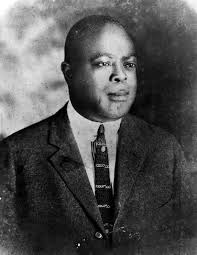
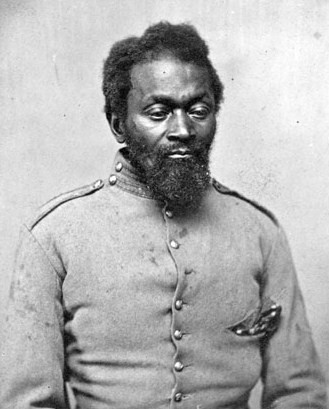
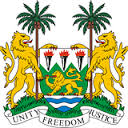
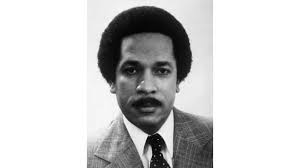

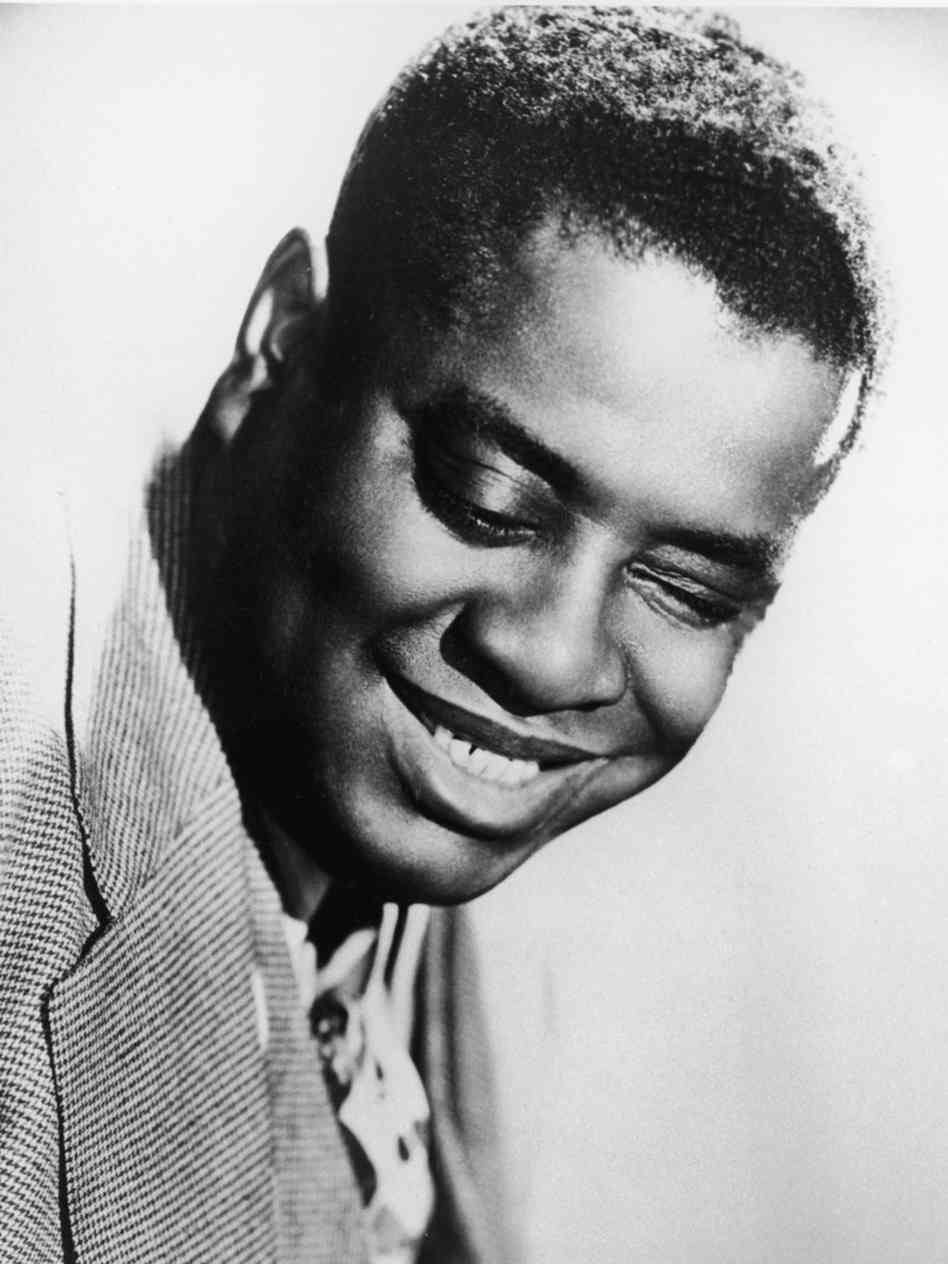

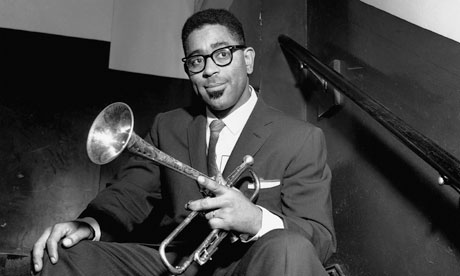

.jpg)
.jpg)
